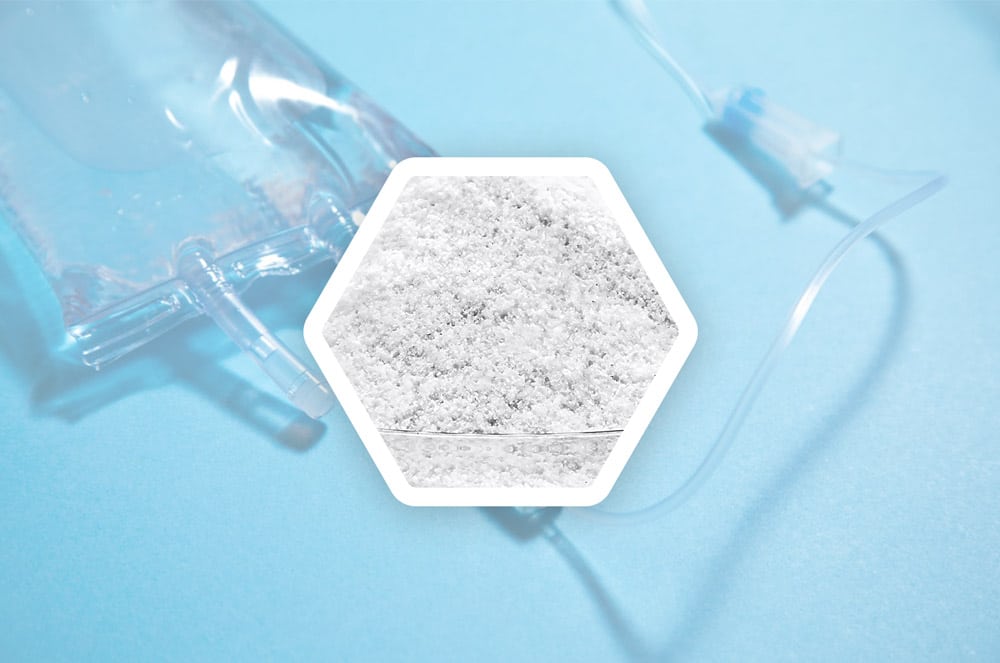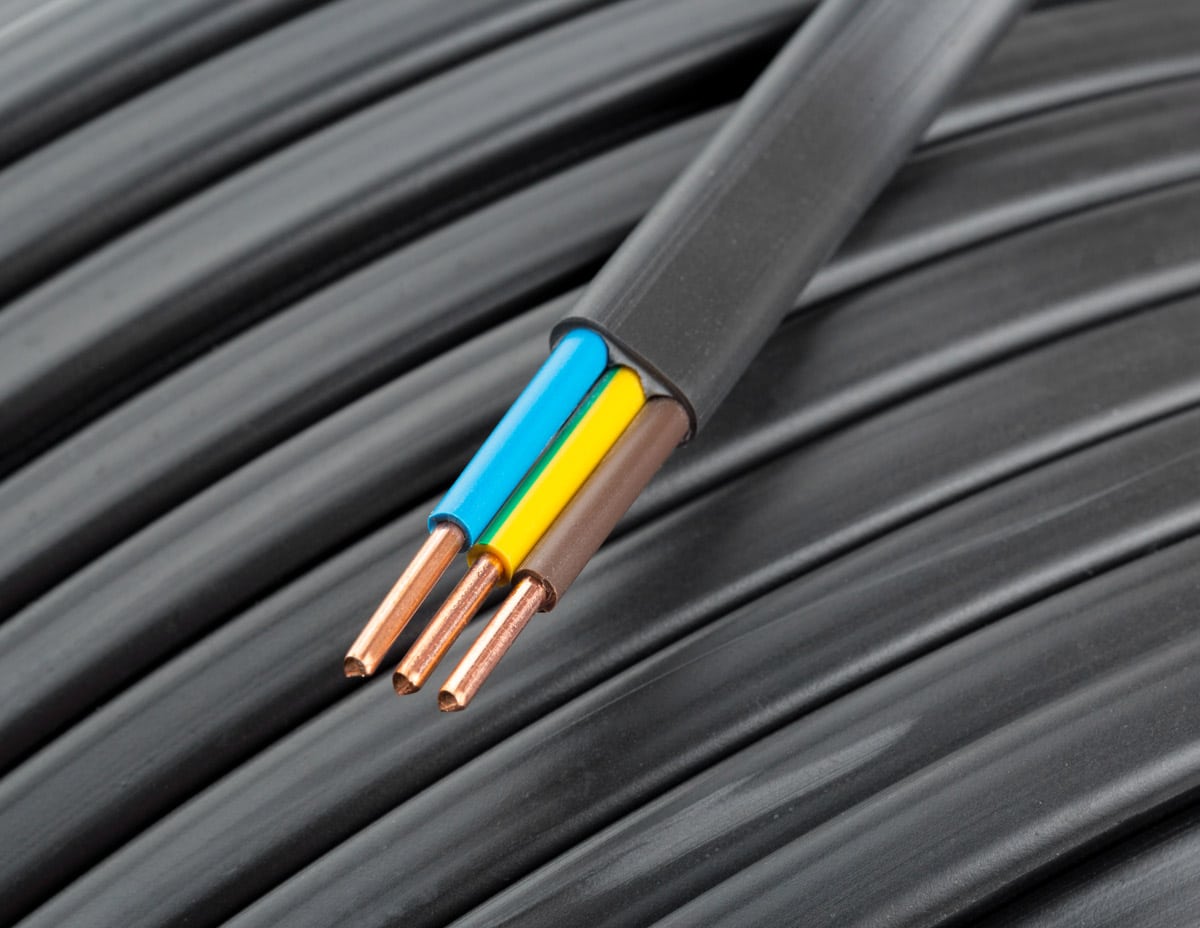Suspension Polyvinyl Chloride (PVC) Resin is crafted via suspension polymerization, where vinyl chloride monomer disperses in water with suspension dispersants, aided by mechanical stirring. Initiated by a free radical initiator, the process involves steam stripping for residual monomer removal and centrifugal drying. Renowned for its versatility, it's used in extrusion, calendering, blow molding, injection molding, and foam molding, yielding a spectrum of flexible, rigid, and foamed products. This method, crucial in PVC production, employs water as the continuous phase, with dispersants easing tension between vinyl chloride monomer and water.


Learn more about this process and its technology. Get in touch for licensing opportunities.
Polymer excellence for everyday living. Sustainable, versatile, and tailored for industries.
At Zheng Bang, a big part of our business model revolves around collaboration and industry support. We believe that we can always do more together.